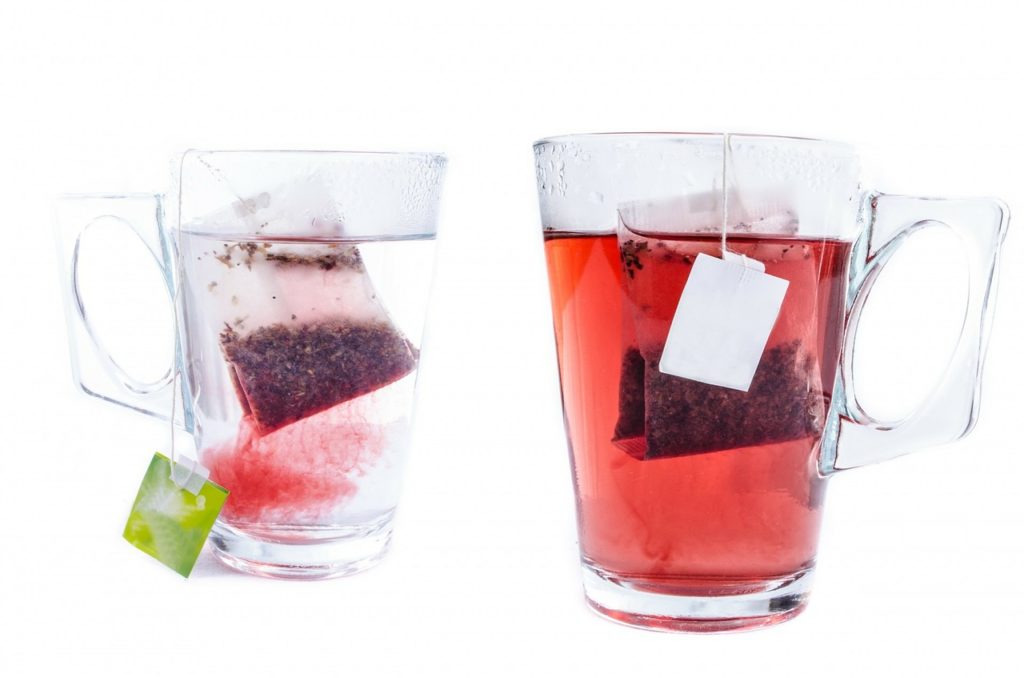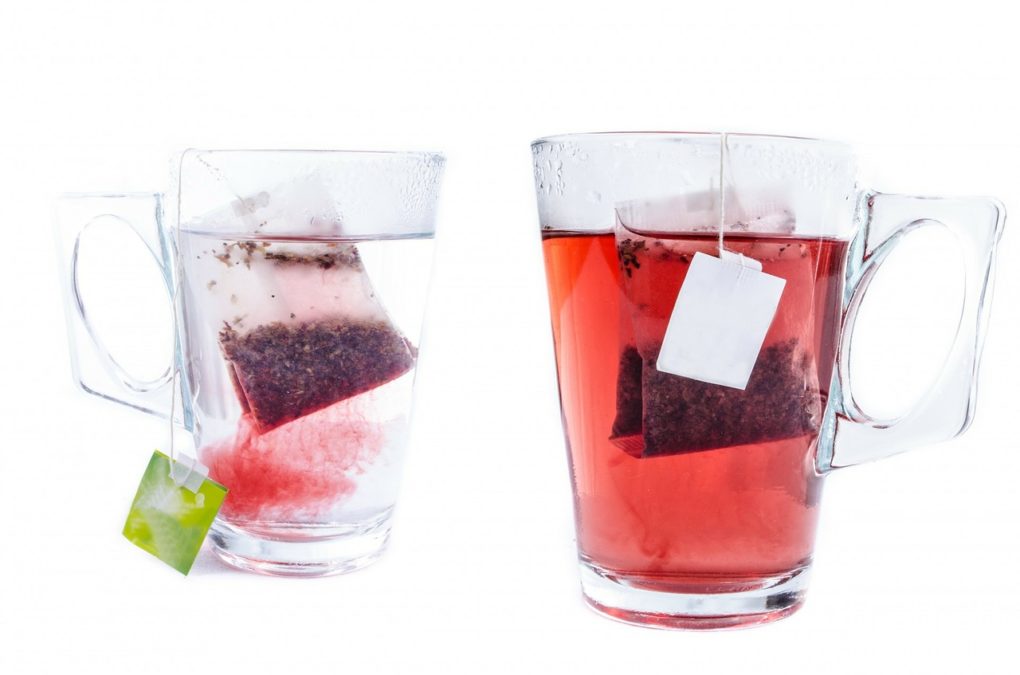Plastic Tea Bags Release Microscopic Particles Into Tea

Many people are trying to reduce their plastic use, but some tea manufacturers are moving in the opposite direction: replacing traditional paper teabags with plastic ones.
Now, researchers reporting in ACS’ Environmental Science & Technology have discovered that a soothing cup of the brewed beverage may come with a dose of micro- and nano-sized plastics shed from the bags. Possible health effects of ingesting these particles are currently unknown, the researchers say.
Over time, plastic breaks down into tiny microplastics and even smaller nanoplastics, the latter being less than 100 nanometers (nm) in size. (For comparison, a human hair has a diameter of about 75,000 nm.) Scientists have detected the microscopic particles in the environment, aquatic organisms and the food supply, but they don’t know yet whether they are harmful to humans.
Nathalie Tufenkji and colleagues wondered whether recently introduced plastic teabags could be releasing micro- and nanoplastics into the beverage during brewing.
Widget not in any sidebars
They also wanted to explore effects of the released particles on small aquatic organisms called Daphnia magna, or water fleas, which are model organisms often used in environmental studies.
To conduct their analysis, the researchers purchased four different commercial teas packaged in plastic teabags. The researchers cut open the bags, removed the tea leaves and washed the empty bags. Then, they heated the teabags in containers of water to simulate brewing conditions. Using electron microscopy, the team found that a single plastic teabag at brewing temperature released about 11.6 billion microplastic and 3.1 billion nanoplastic particles into the water.
These levels were thousands of times higher than those reported previously in other foods. In another experiment, the researchers treated water fleas with various doses of the micro- and nanoplastics from teabags.
Although the animals survived, they did show some anatomical and behavioral abnormalities. More research is needed to determine if the plastics could have more subtle or chronic effects on humans, the researchers say.
Sources:
American Chemical Society
Journal Article
Image Credit Pixabay
Subscribe to Natural Blaze for natural health news to your inbox. Follow Natural Blaze on Twitter and Facebook.



